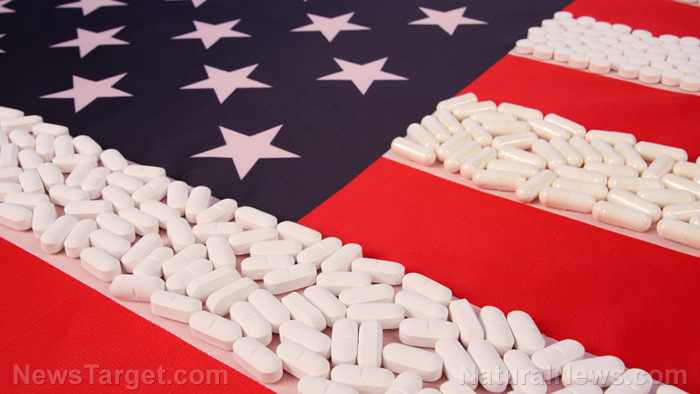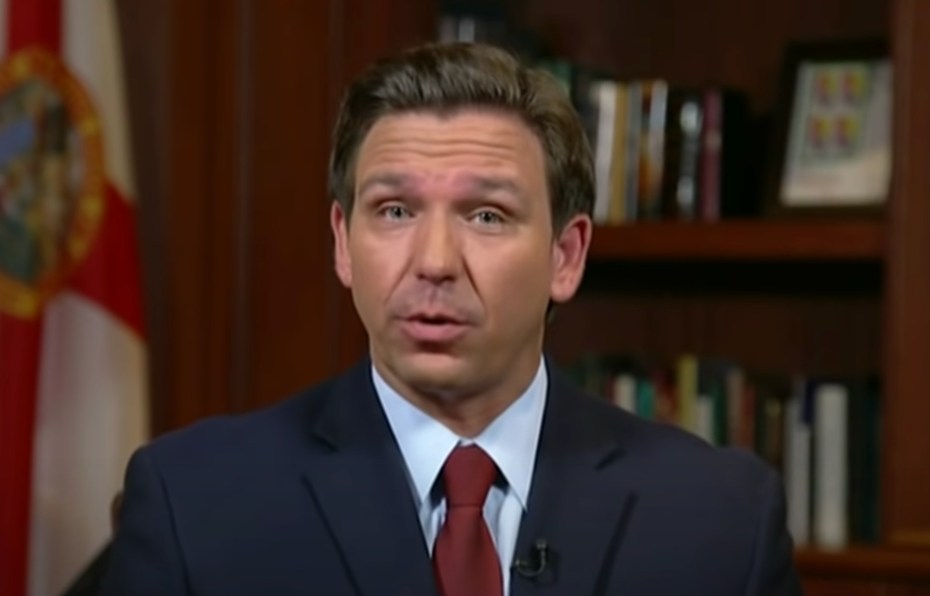 Parler
Parler Gab
Gab
How will drug-addled Americans survive without a steady supply of pharmaceuticals?
One of "the scarcest medications in America right now," we are told, is Adderall. Some people use Adderall to fight narcolepsy while others take it recreationally to help them focus or study. If Adderall supplies dwindle down to general unavailability, millions of Americans will be forced to go without their daily fix. "Medications used to treat cancer are running low," reported KING in Seattle. "The rise in RSV with children, along with a return of the flu have parents struggling to find Amoxicillin, Tamiflu and Albuterol." "Anesthetics like Lidocaine are scarce. Ativan used to control seizures and anxiety is hard to come by. Even everyday, over-the-counter (OTC) treatments such as Tylenol are increasingly tough to find." According to Steve Fijalka, the chief pharmacy officer at University of Washington Medicine, says he worries the United States does not have an adequate drug manufacturing sector – most drugs for America are made in India or China, in case you were not aware. "Sometimes it's raw materials," Fijalka says about the reasons behind these shortages. "Sometimes it's a business decision. Some of these medications just aren't worth it for certain companies to make anymore." "There are manufacturing issues. We don't have that many manufacturing plants in the U.S." There is also a shortage of some medications related to the Fauci Flu, according to the FDA. The agency says it "continues to take steps to monitor the supply chain," but that there is not necessarily anything that can be done to fix these ongoing problems. "The Drug Shortage Staff within the FDA's Center for Drug Evaluation and Research (CDER) has asked manufacturers to evaluate their entire supply chain, including active pharmaceutical ingredients, finished dose forms, and any components that may be impacted in any area of the supply chain due to the COVID-19 outbreak," the FDA says. In a statement, the agency added that drug shortages "can occur for many reasons, including manufacturing and quality problems, delays, and discontinuations." "Manufacturers provide FDA most drug shortage information, and the agency works closely with them to prevent or reduce the impact of shortages," the FDA maintains. In February 2021, the Biden regime executed Executive Order 14017, which supposedly attempts to address these supply chain disruptions. It appears as though that EO was a bust. It turns out that the vast majority of America's supply of ibuprofen, hydrocortisone, acetaminophen, penicillin, heparin, and antibiotics come from communist China, which has a "zero covid" lockdown policy in place that results in manufacturing shutdowns every time even just one person tests "positive" for the Chinese Flu. The latest news coverage about Biden's America can be found at Collapse.news. Sources for this article include: WesternJournal.com NaturalNews.comGovernment, media blame climate change for skyrocketing vegetable prices
By Ethan Huff // Share
Josh Sigurdson: COVID-19 vaccine rollout led to biggest genocide in the history of humanity
By Belle Carter // Share
2 Women sue Apple after their exes use AirTags to STALK them
By Ramon Tomey // Share
Governments continue to obscure COVID-19 vaccine data amid rising concerns over excess deaths
By patricklewis // Share
Tech giant Microsoft backs EXTINCTION with its support of carbon capture programs
By ramontomeydw // Share
Germany to resume arms exports to Israel despite repeated ceasefire violations
By isabelle // Share










